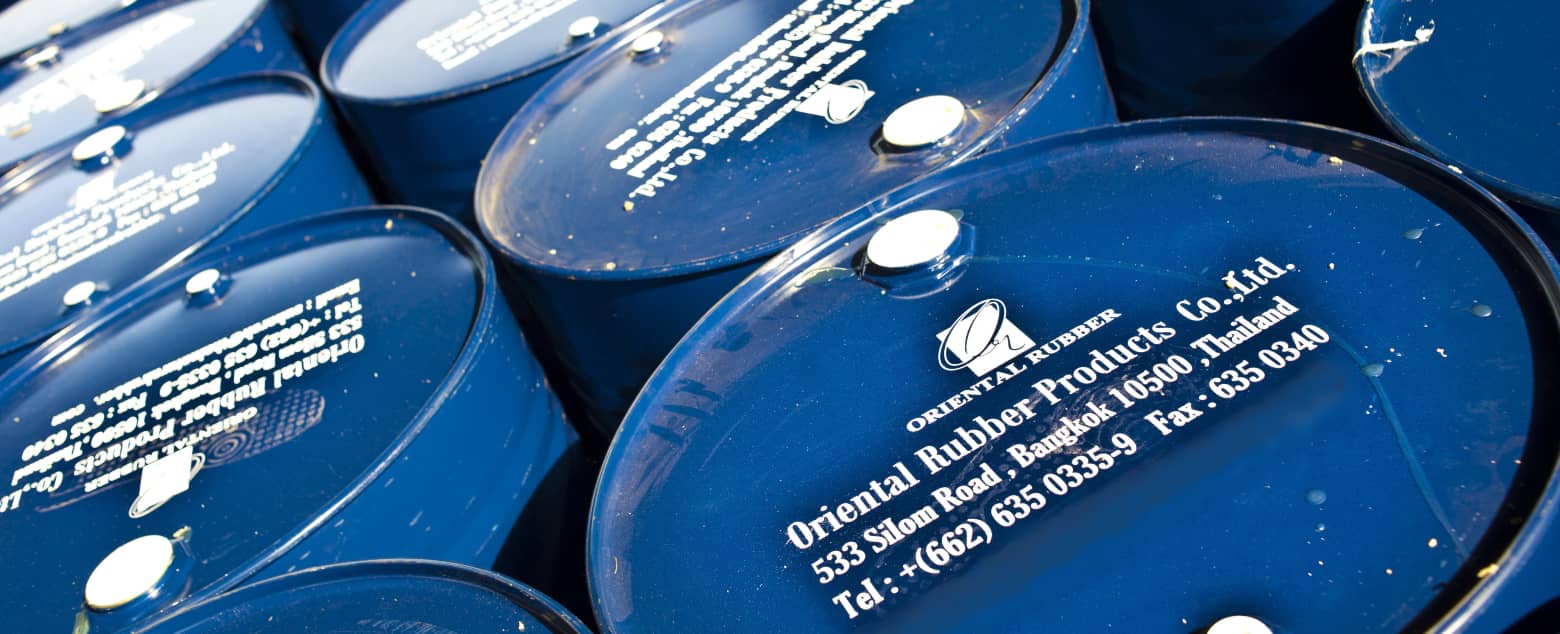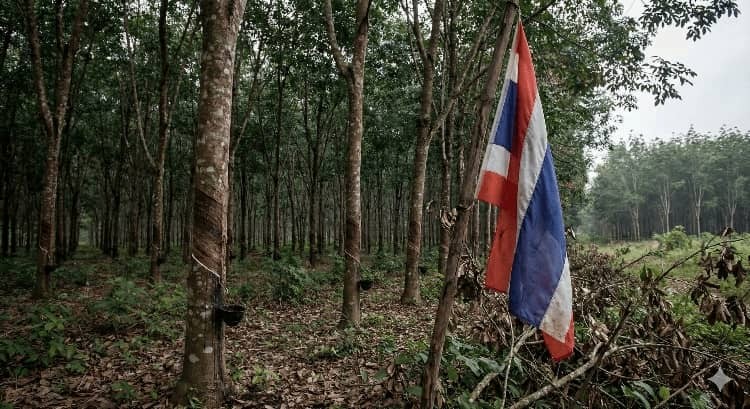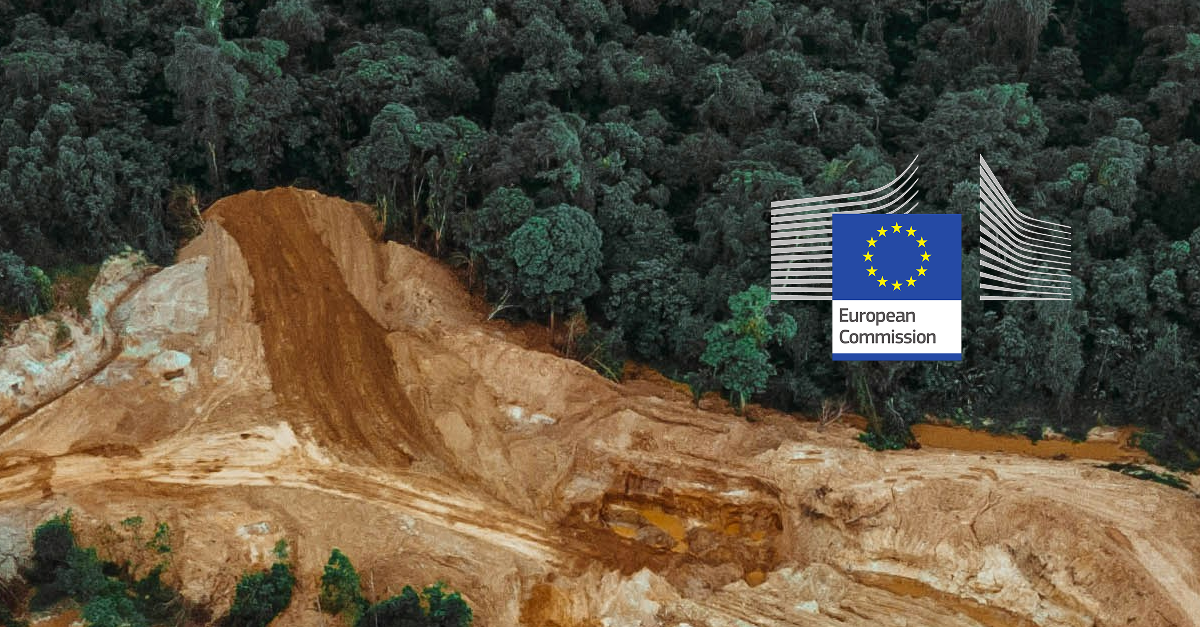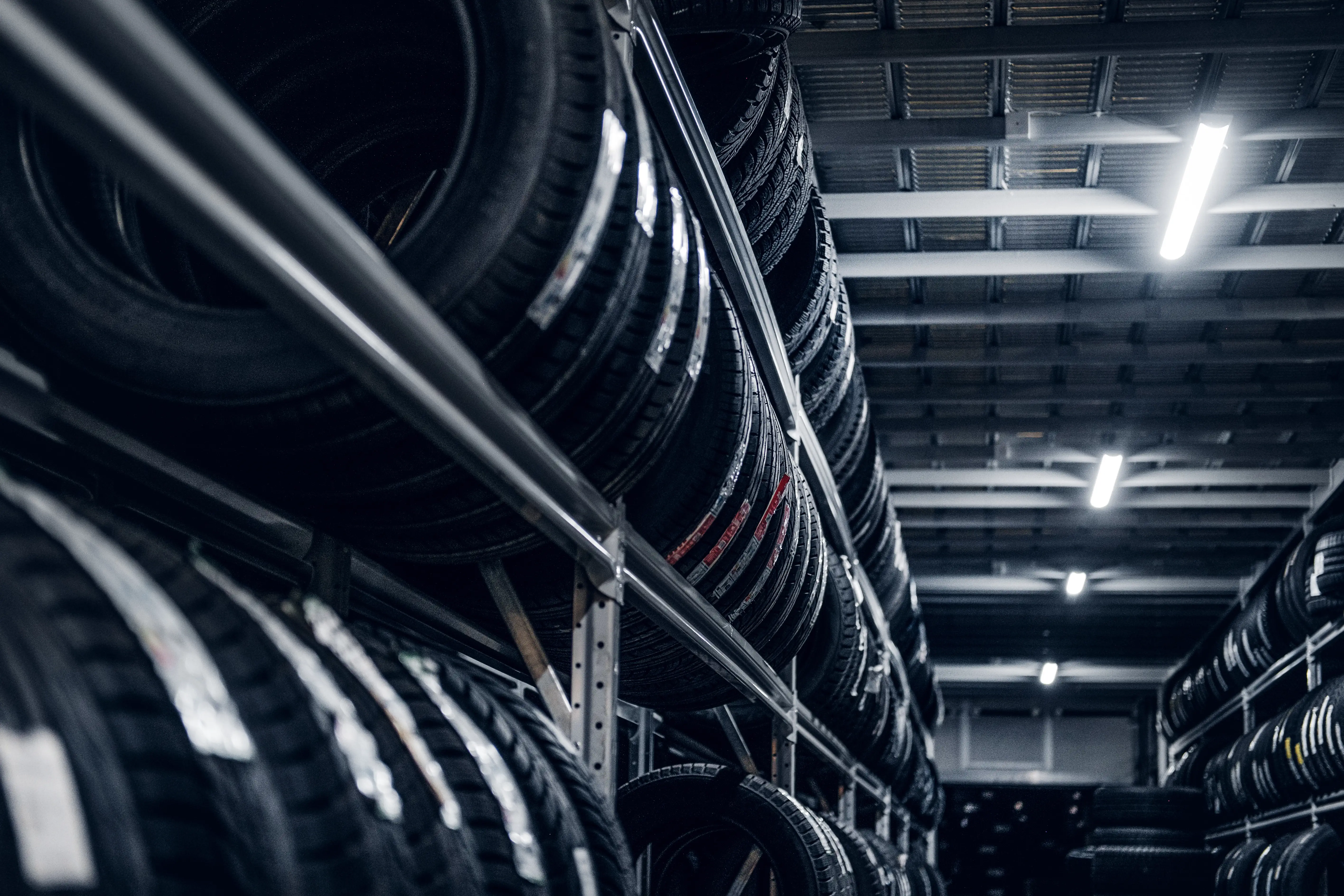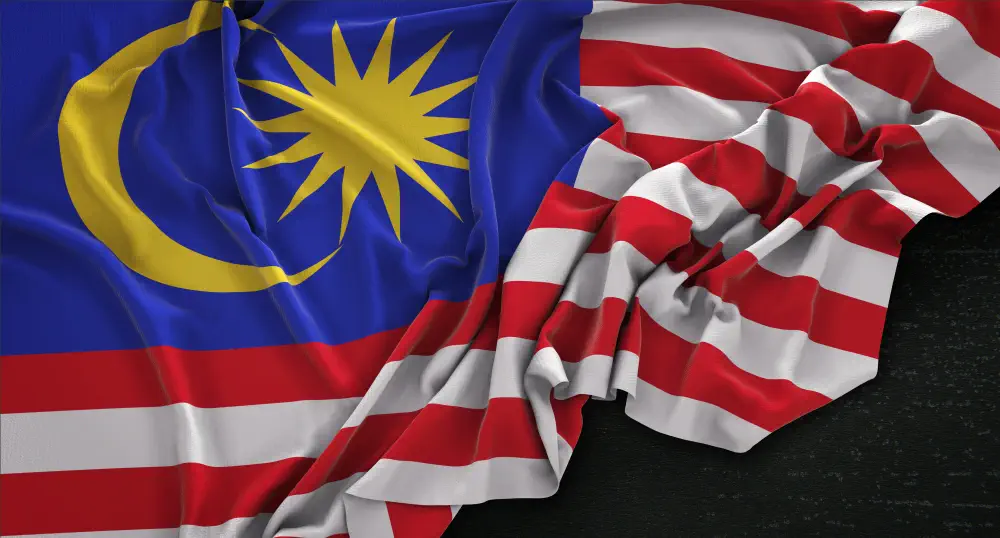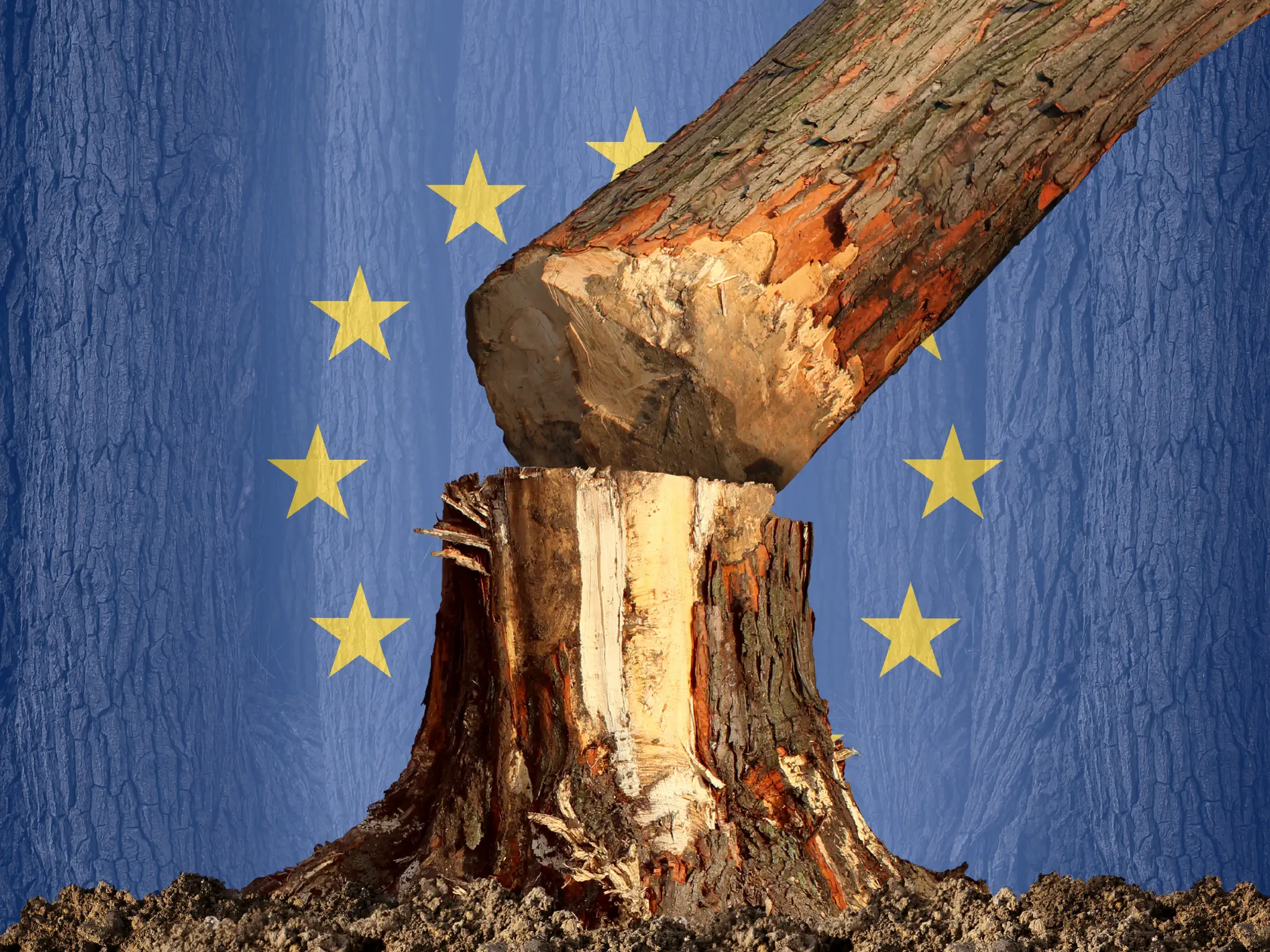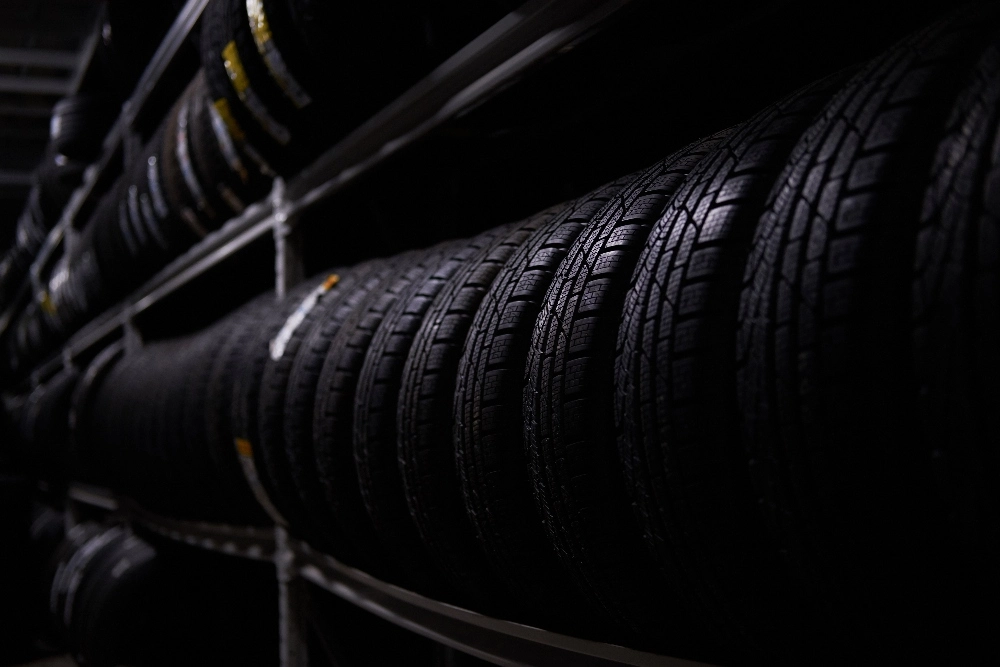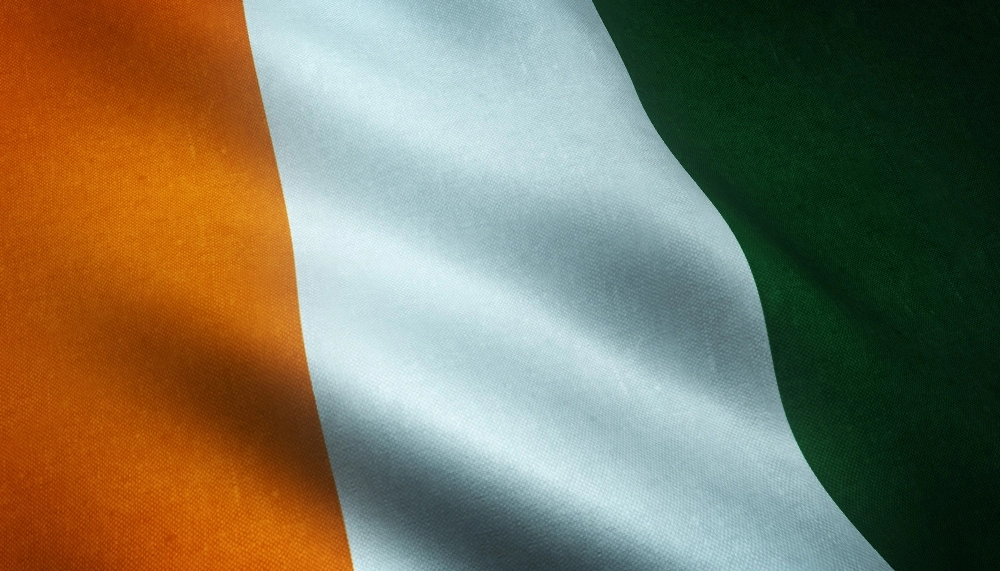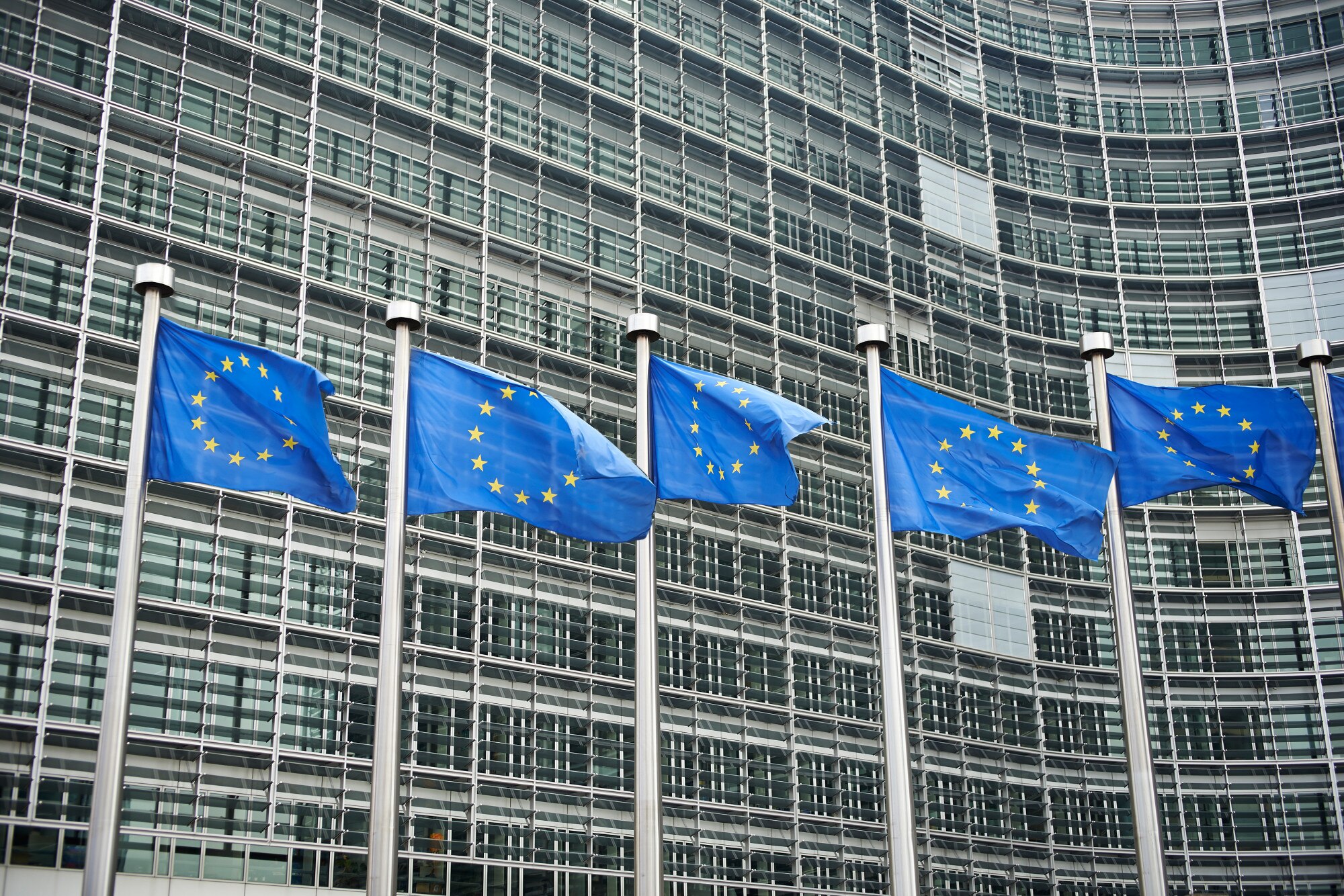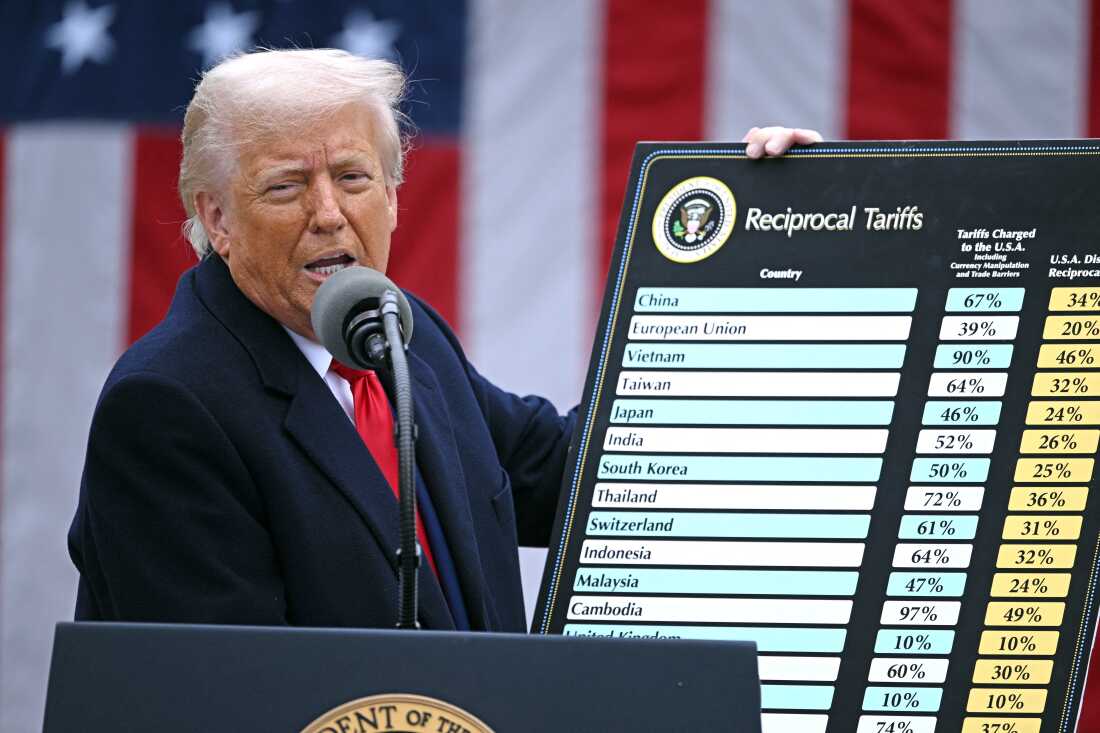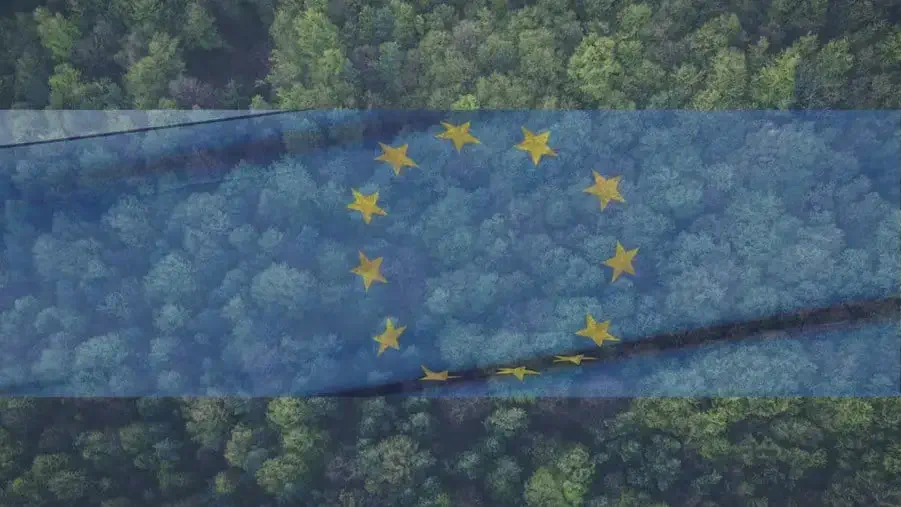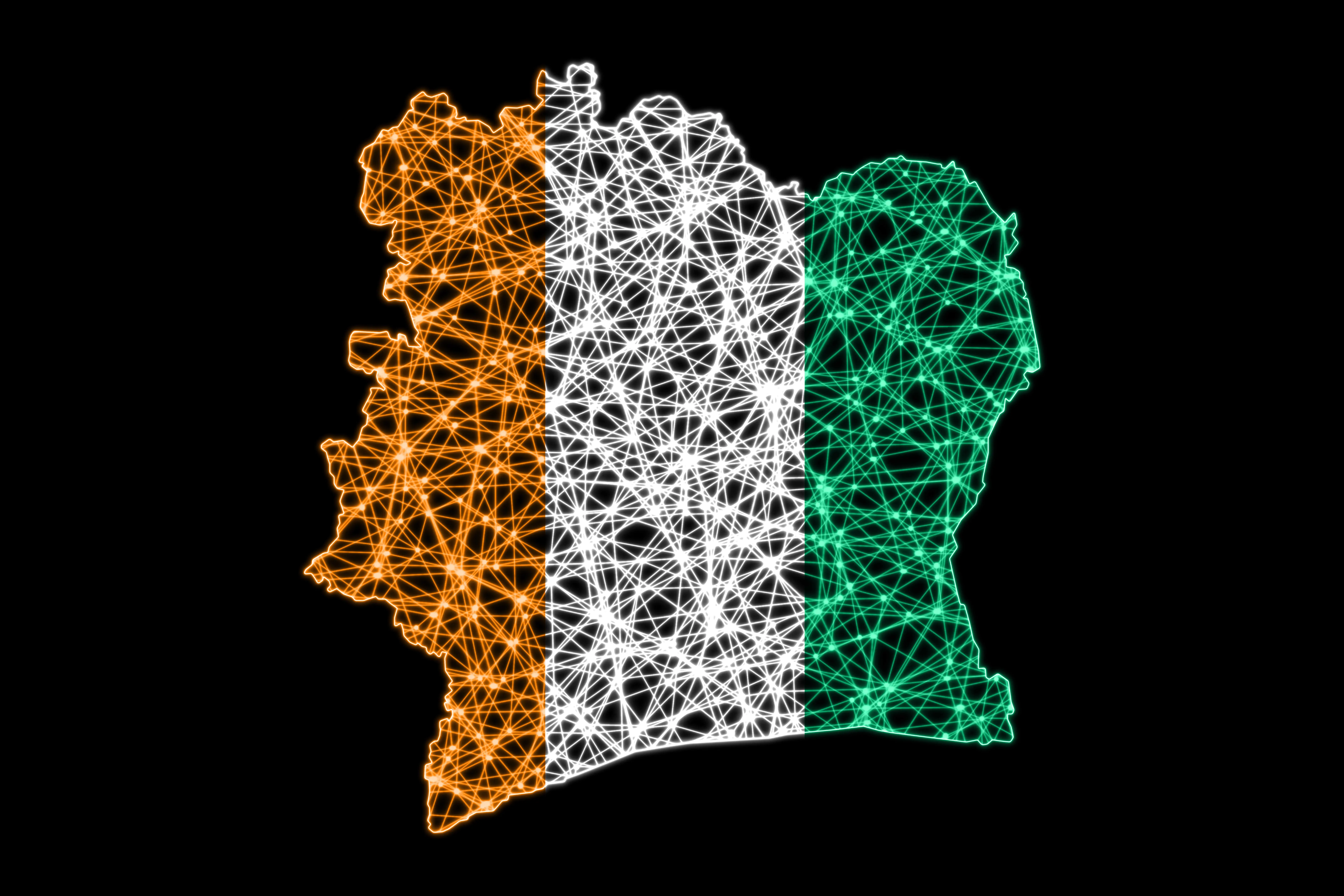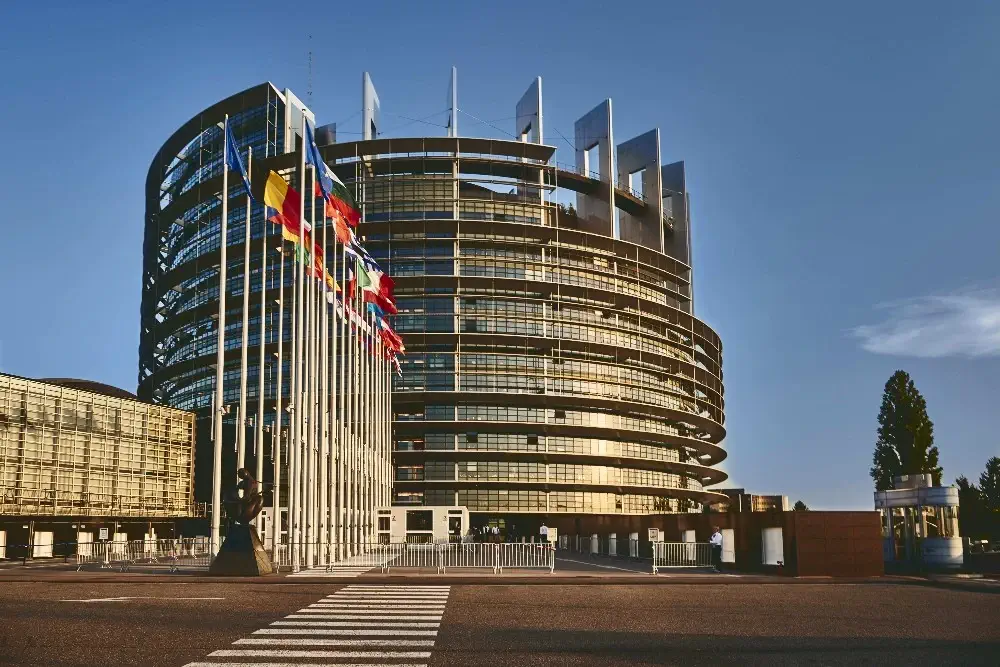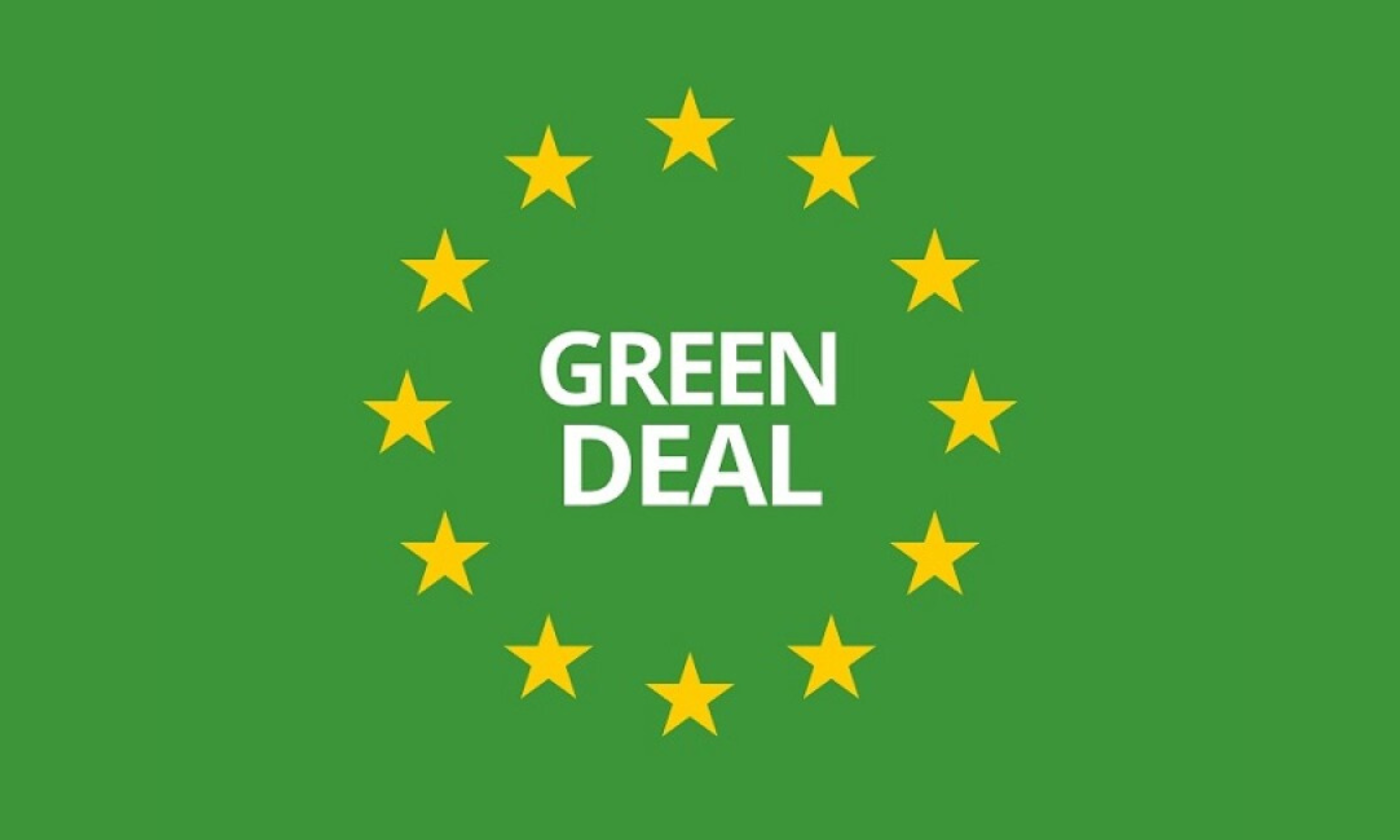
European Green Deal: A Step Towards a Sustainable Future
On June 29, 2023, as a significant part of the European Green Deal, the European Union implemented the Deforestation-Free Regulation (EUDR). Designed by the European Commission, the Green Deal comprises a series of policy initiatives, aiming to achieve the ambitious objective of the Paris Agreement — climate neutrality by 2050. With commodities such as palm oil, soya, cocoa, coffee, cattle/beef, rubber, wood, charcoal, and printed paper products on the EUDR's forest-risk list, businesses have until January 2025 to comply with the new regulation.
Addressing Climate Change: The Green Deal and Fit for 55
The Green Deal, which has faced criticism yet demonstrated concrete progress in reducing GHG emissions by 32% between 1990 and 2020, is countering the transportation sector's 7% increase in GHG emissions by banning the sale of new petrol and diesel cars from 2035. This move goes hand in hand with the European Commission's extension of the 2030 checkpoint for halving carbon emissions to a 55% goal, in line with the Intergovernmental Panel on Climate Change (IPCC) 2018 report.
The EUDR in Focus
The EUDR targets all forest-risk commodities imported into the EU, asking a critical question about their supply chains: Was there a forest here on the 31st December 2020? This question, rooted in the goal to prevent deforestation, has brought industries under scrutiny, necessitating full supply chain traceability.
Resistance and Criticism
Yet, the Green Deal and the EUDR are not without their detractors. Far-right governments and political parties of the Czech Republic, Italy, Estonia, and Finland have strongly opposed the legislation. Concerns raised include operational feasibility, implementation complexities, and potential marginalisation of smallholder farmers.
Unveiling the Realities of Deforestation: Case Studies of Palm Oil and Rubber Industries
Indonesia, a major global player in the oil palm industry, has faced accusations of significant deforestation and harm to biodiversity. The EUDR has received pushback from Indonesia and Malaysia, both key players in the palm oil and rubber industries.
In contrast, natural rubber, largely produced by smallholders, has been flagged for human rights violations. Yet, no significant resistance to the EUDR has been reported from this demographic, suggesting collaborative protests with palm oil farmers are more indicative of a shared concern than a critique of the EUDR from the rubber industry alone.
The EUDR’s Impact on Supply Chains: Case of the Natural Rubber Industry
For instance, to comply with the EUDR, a Malaysian exporter of African cup lump would need to ensure traceability along the entire supply chain. Such far-reaching impacts have brought market intelligence providers, such as Helixtap Technologies, to the fore, offering data to map these supply chains.
Opportunities in the Face of Regulatory Changes
Despite critiques, the EUDR has been embraced by some industries. For example, the cocoa industry sees this as an opportunity to reverse long-standing issues of underpriced commodities and deforestation. The Ghana Cocoa Board, for instance, has already developed a fully traced Cocoa Management System set to launch in the 2023/24 cocoa year.
The EUDR in Context: A Climate-Positive Shift for Business
Rather than an impractical mandate, the EUDR should be viewed as an integral part of the European Green Deal, which aims to mitigate the severe impact of climate change. Criticisms of the EUDR regarding its operationalisation and efficacy are justified, but the essential need for traceability to combat human-induced climate change is undeniable.
Conclusion: A Call for Global Action
The European Green Deal and EUDR represent the EU's efforts to address its historical contribution to GHG emissions. Other major GHG emitters, including China, the United States, and India, should draw inspiration from these interventions. With data indicating that China and India are relatively recent top GHG emitters compared to Europe and the USA's centuries of dominance, the European Green Deal is a clear statement of the EU's intent to take responsibility and push for a more sustainable future.
